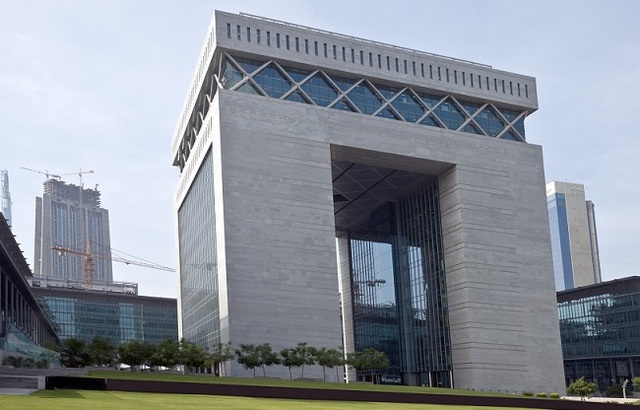The Dubai International Financial Centre (DIFC) has signed individual memoranda of understanding (MoU) with two insurance institutions.
The agreements will help bolster the insurance sectors in the Middle East, Africa and southeast Asia by “upskilling talent” as well as “promoting efficiency and improvement”.
The MoUs were signed with global insurance marketplace Lloyd’s of London, as well as UK-headquartered Chartered Insurance Institute (CII), with the aim of developing talent within the insurance and reinsurance space.
As part of the collaboration, the DIFC will join forces with Lloyd’s and the CII to develop a number of courses and will roll out a series of events and programmes.
They will be the first range of certified insurance courses offered by the DIFC Academy.
Equipping the next gen
Alya Al Zarouni, executive vice president of operations at DIFC Authority, said: “The DIFC is committed to driving the future of finance by equipping the next generation of workforce with essential knowledge and qualifications.
“Our collaboration with leading entities including CII and Lloyd’s will enable us to provide an exceptional service to more than 100 active insurance and reinsurance firms.
“Our robust ecosystem and cluster economies allow us to accommodate multiple areas of practice in all life, non-life and Islamic practices.”
Create a vibrant international profession
Sian Fisher, chief executive of the CII, said: “The world is becoming a smaller place and the regulatory framework is becoming more aligned, so the sharing of experience, common issues and good practice standards is an activity that the Chartered Insurance Institute must engage in, to create a vibrant international profession.”
Sonja Rottiers, chief executive of Lloyd’s Insurance Company and regional director of Emea, said: “The region is changing significantly and the need for training, development and expertise in the Middle East is ever increasing.”








